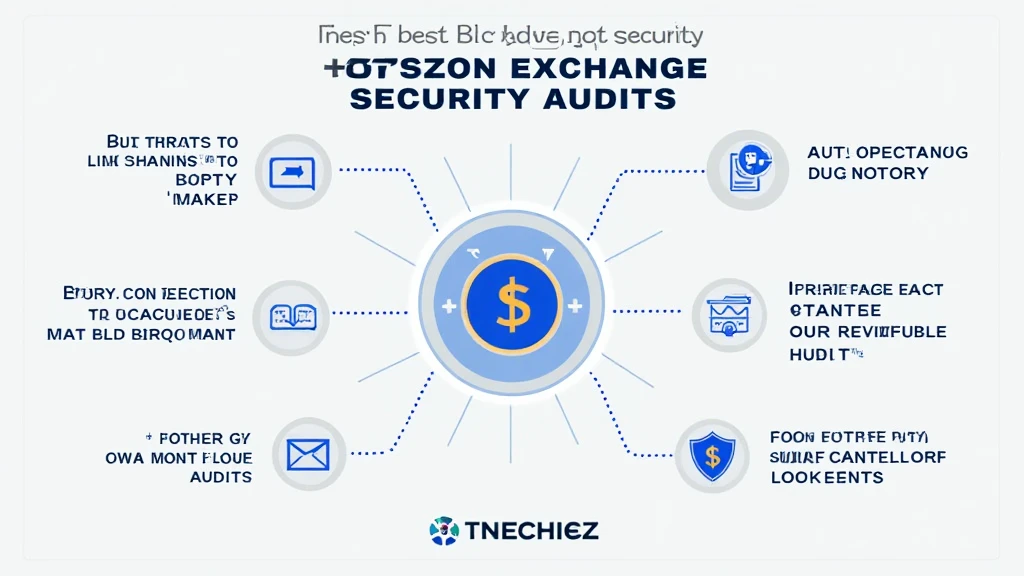Introduction
In recent years, the cryptocurrency landscape has witnessed a dramatic surge in adoption, with Bitcoin leading the charge. However, with this increased popularity comes a heightened risk of security breaches—$4.1 billion was lost to DeFi hacks in 2024 alone. This alarming trend underscores the pressing need for robust security measures, particularly for Bitcoin exchanges that facilitate trading on a global scale.
As users flock to platforms like bitcryptodeposit for their cryptocurrency transactions, concerns around safety and integrity become paramount. This comprehensive guide aims to explore and dissect Bitcoin exchange security audits—why they are essential, what they entail, and how they can safeguard digital assets.
Understanding Blockchain Security Audit
A blockchain security audit is an assessment undertaken to ensure the integrity, security, and functionality of blockchain technology, including smart contracts and decentralized applications (dApps). Here’s what an effective security audit should concentrate on:

- Code Quality: Review the blockchain code for vulnerabilities and bugs.
- Consensus Mechanism Vulnerabilities: Analyze vulnerabilities related to the consensus process that validates transaction records.
- External Dependencies: Identify risks associated with 3rd party services integrated into the blockchain.
Auditors use a variety of tools and methodologies to detect vulnerabilities. For example, static analysis tools can spot code flaws early in the development process, while penetration testing simulates attacks to uncover potential points of failure.
The Importance of Security for Bitcoin Exchanges
Bitcoin exchanges operate like digital banks. Just as banks invest heavily in vaults and security systems to protect physical assets, cryptocurrency exchanges must implement stringent security measures to protect digital assets.
The role of security audits is particularly critical; in 2025, it is anticipated that the number of active crypto users in Vietnam will exceed 10 million, reflecting a 25% increase from the previous year. Consequently, exchanges face greater pressure to maintain security and trust.
Implementing Best Practices in Security Audits
1. Regular Security Reviews
Security standards are not static; they evolve as threats change. Here’s the catch: exchanges must conduct regular reviews of their security posture to stay one step ahead. Schedule audits quarterly or bi-annually, and consider integrating real-time monitoring systems.
2. Leveraging Multi-Signature Wallets
Multi-signature wallets require multiple keys to authorize a transaction, significantly reducing the risk of hacks. According to a report by Chainalysis, employing multi-signature technology can cut potential losses due to theft by up to 70%.
3. Smart Contract Audits
Given that decentralized applications rely heavily on smart contracts, auditing these contracts is crucial. Engaging experienced auditors proficient in Solidity or Vyper (popular smart contract programming languages) can enhance security. Understanding how to audit smart contracts will be indispensable for exchanges aiming for long-term stability.
Case Studies: Learning from Past Breaches
Several high-profile cyberattacks have plagued Bitcoin exchanges, serving as stark reminders of the dangers present in the crypto space. For instance:
Mt. Gox
Once the leading Bitcoin exchange, Mt. Gox succumbed to a series of security breaches, ultimately leading to its downfall in 2014. Approximately 850,000 Bitcoins were stolen, a loss that still resonates in the crypto community today. This disaster highlighted the critical nature of robust auditing practice.
Binance Hack
In 2019, Binance experienced a theft of 7,000 BTC, valued at around $40 million at the time. Binance implemented a security audit immediately after to analyze the breach and initiated a user protection plan to address customer concerns.
Future Trends in Bitcoin Exchange Security
The future is promising, but it’s not without challenges. With advancements in technology, exchanges must adapt their security practices accordingly:
- Artificial Intelligence: AI is becoming increasingly relevant in threat detection. Machine learning algorithms can learn from past hacks, allowing exchanges to pre-emptively safeguard their assets.
- Decentralized Identity Verification: Integration of blockchain-based identity solutions will enhance user verification while maintaining privacy.
Conclusion
In light of the evolving cryptocurrency ecosystem, security audits for Bitcoin exchanges are not merely an option; they are a necessity. As we move toward 2025, maintaining the integrity and trustworthiness of exchanges like bitcryptodeposit will significantly rely on adherence to rigorous security standards and continuous improvements in auditing practices. Investing in comprehensive audits will ultimately safeguard your assets and that of your users, fostering a more secure trading environment.
For more insights, don’t forget to read our Vietnam crypto tax guide.








